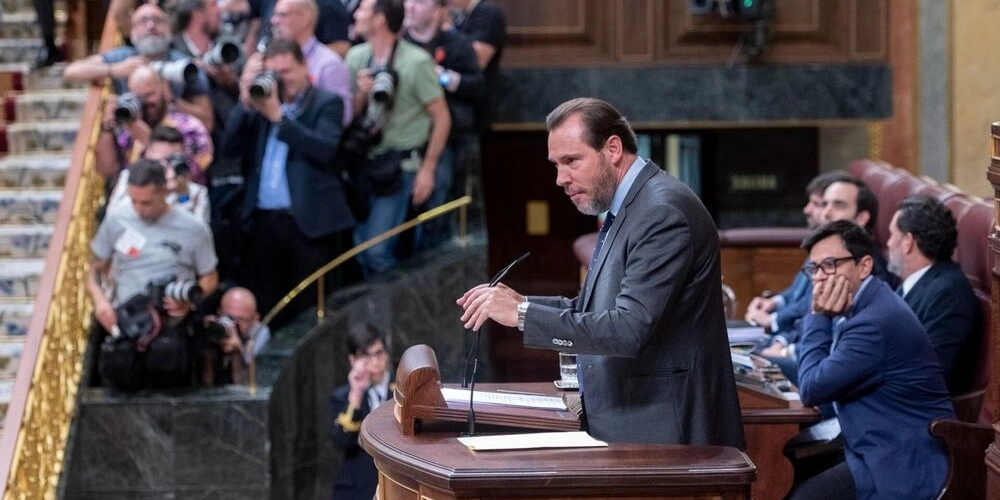Despite the proximity of the deadline, experts in the sector see it unlikely that the Sustainable Mobility Law will become a reality before the end of the year.
Following the deadline for submitting amendments, a committee is expected to be formed in which the Government will inform the parliamentary groups about the proposals it is prepared to include without the need for prior debate.
This phase will take place behind closed doors, before moving on to the parliamentary committee where the remaining amendments will be debated and voted on.
However, sources from the Spanish Congress of Deputies comments to Mobility Portal España: “It seems that the report will not be made before February.”
He added: “We are still working on studying all the amendments that have been made by the different parliamentary groups.”
The deadline for submitting motions expired on October 30, with more than 750 motions received.

“The parliamentary groups are now negotiating, but there is little information,” Jaime Rordríguez, Director of CONFEBUS, tells Mobility Portal España.
This draft legislation is crucial not only for the national sustainability strategy in transport, but also to ensure access to European resources valued at 10 billion euros .
“Logically, the law should be approved before the end of the year due to the funds committed, but it will most likely not be passed until early 2025,” he says.
It is important to mention that after passing through the Congress of Deputies, the regulations must be reviewed by the Senate, adding a new level of temporal complexity.
In a recent interview with Mobility Portal España, Diego Gago, Director of Political Strategy at beBartlet, mentioned:
“The magnitude of the amendments demonstrates the commitment of the actors, but also the need to reach consensus that consolidates the impact of the law on sustainable mobility.”
What impact does the absence of the Law have on the sector?
The delay is not just a legislative problem.
The absence of a clear regulatory framework could directly affect electric vehicle charging point operators (CPOs).
This is because regulatory uncertainty limits strategic planning and prevents the expansion of “refueling” stations.
In this regard, a CPO warns: “The infrastructure deployment that we had achieved last year will stagnate.”
He emphasizes: “ Without a bold law with visibility for all market agents, it will be difficult to move forward.”
In this context, the sector is waiting to see what will happen at the regulatory level.
The role of European funds

Although the delay in approving the law puts European funds at risk, Carlos Bravo, an environmental consultant, downplays the short-term urgency.
“A delay of up to three months would not represent a problem for receiving that shipment,” he says.
In this regard, he says: “The European Commission will not say ‘if it is not there by 31 December there is no money’, because we are in the final phase of the process.”
However, he clarifies that this information is not confirmed by written regulations.
What was the course of the Law?
Since its introduction in the previous legislature, the project has managed to overcome several obstacles.
Among them, the rejection of the amendment presented by the Popular Party (PP) stands out , which obtained 176 votes against and 168 in favor, allowing the text to continue its processing in Congress.
The Government is now expected to improve the law through amendments that integrate decarbonisation objectives aligned with the National Energy and Climate Plan (PNIEC).
Possible changes include the elimination of the support that the regulations grant to the use of liquefied natural gas (LNG) in maritime transport, a fossil fuel incompatible with sustainability objectives.








